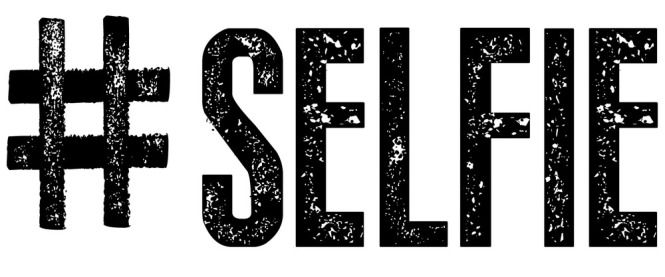 The Selfie cyber culture today are concerned with their online presence, appearance, reactions from followers and their results. When you post a photo of yourself on the internet to be looked at by your peers or people you may not know, when you get a like your ‘up’ but when you get no likes your ‘down’. There is also the danger that your self-esteem may start to be related and tied to how many likes or comments you receive once you post a selfie. Lauren McMahon, writes about our selfie obsessed generation on TheCircular.
The Selfie cyber culture today are concerned with their online presence, appearance, reactions from followers and their results. When you post a photo of yourself on the internet to be looked at by your peers or people you may not know, when you get a like your ‘up’ but when you get no likes your ‘down’. There is also the danger that your self-esteem may start to be related and tied to how many likes or comments you receive once you post a selfie. Lauren McMahon, writes about our selfie obsessed generation on TheCircular.
I have taken selfies, but really not to extent that some people do. We all have our Facebook, twitter, Instagram or Snapchat friends that really love sharing their ‘staged’ mug. What prompted me to write this blog was a recent grocery shop I was on. While shopping in Lidl I saw a girl by the fruit section taking a selfie of herself and a banana. She obviously wasn’t happy with the first result because she went on to take a few others from different angles. Then, there was issues with the filters she was using so, she rang someone who helped her through the dilemma. It was a tough call, but they decided that ether ‘Perpetua’ or ‘Hudson’ would be just fine. These are filters on Instagram for those of you who don’t know that can distort the colours of the picture you take. I waisted about 6-7 mins of my life watching her, but she saw it as she devoted 6-7 mins to maintain her online image and presence.
Selfie accessories…
We are even accommodating the selfie culture by creating selfie accessories. Now I would have thought that you need 1- yourself and 2 – a camera, but NO. The selfie enthusiast will come complete with a bank of accessories. Such as, The Selfie stick which to be honest I can see the benefits of it. Like, if you were taking a group picture and you want to be in it, its amazing. Whip out the stick, pop your phone on, time the shot, DONE. Everyone’s happy. This stops you from asking a stranger around you to take the picture, and you don’t have to worry about your phone/camera being broken by another, who’s only trying to help or being stolen by that person! (because it has happened!!) You also don’t need to use a tripod, you don’t shake your hand as much with a selfie stick and there is much less of a chance of dropping your phone with the selfie sticks. Phonearena.com surprised me. The on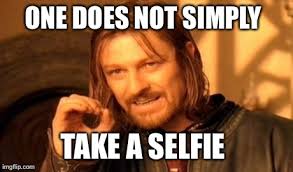 ly selfie accessory to date that I was aware of was the selfie stick, but there’s more. They have composed a list of the 5 most useful selfie taking accessories for the selfie-obsessives. Read about them, quite interesting really. One does not simply just take a selfie.
ly selfie accessory to date that I was aware of was the selfie stick, but there’s more. They have composed a list of the 5 most useful selfie taking accessories for the selfie-obsessives. Read about them, quite interesting really. One does not simply just take a selfie.
I personally thought that the HISY button was clever as I use a similar device for photo shoo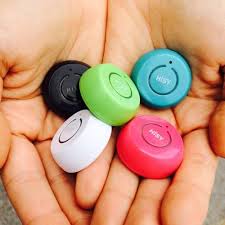 ts as a photographer. It’s almost like the amature’s progression button towards professional techniques. HISY aims to help you take a selfie with an iPhone more easily. It’s a simple button that connects to the phone via low-energy Bluetooth, and takes control of the built-in shutter camera. HISY’s battery lasts for two years if you take 100 photos daily, which means the little’o button will last for a while. And when it expires, you can replace it with a plain CR2032 cell straight out of your local electronics shop. Of course, the gizmo can be used not just for selfies, but for all kinds of photographs too, even video. HISY doesn’t need a special app to run, it connects directly to the iPhone’s camera app, and can only be used with iPhones ISO7 or newer. Unlucky for the Android selfieists.
ts as a photographer. It’s almost like the amature’s progression button towards professional techniques. HISY aims to help you take a selfie with an iPhone more easily. It’s a simple button that connects to the phone via low-energy Bluetooth, and takes control of the built-in shutter camera. HISY’s battery lasts for two years if you take 100 photos daily, which means the little’o button will last for a while. And when it expires, you can replace it with a plain CR2032 cell straight out of your local electronics shop. Of course, the gizmo can be used not just for selfies, but for all kinds of photographs too, even video. HISY doesn’t need a special app to run, it connects directly to the iPhone’s camera app, and can only be used with iPhones ISO7 or newer. Unlucky for the Android selfieists.
As much benefits as there are for using the selfie stick, there are a few cons too….
Museums, concerts, stores and some clubs are now banning the use of these sticks as there seen as a hazard and disturbance. In early March, two American tourists were arrested after they carved their names into a wall at Rome’s Colosseum and then the pair took a photo using a selfie stick. (true story). Rebecca Strong, Staff writer for Bostinno, has written an interesting article about our selfie obsessions and writes about it as an addiction. Can you actually develop a selfie addiction. When I thought about this, the answer I came up with was, Yes. Like any other addiction, it would come down to your personality and how influenced you can be as a person by trends, fads, peer pressure and whats fashionable.
 In 2014 Ellen DeGeneres broke the Internet & beat Obama with most retweeted tweet with the Oscars Selfie with a Samsung on stage, but later switched to an iPhone backstage, which makes me ask the question, what is the selfie enthusiastic’s phone of choice for #Selfie. Bostinno have actually gone the extra mile and have listed features of the most popular selfie phones and also have taken the same picture with each phone to show you the difference in quality.
In 2014 Ellen DeGeneres broke the Internet & beat Obama with most retweeted tweet with the Oscars Selfie with a Samsung on stage, but later switched to an iPhone backstage, which makes me ask the question, what is the selfie enthusiastic’s phone of choice for #Selfie. Bostinno have actually gone the extra mile and have listed features of the most popular selfie phones and also have taken the same picture with each phone to show you the difference in quality.
Few Facts Of the Origins of the word Selfie:
In November 2013, the word “selfie” was announced as being the “word of the year” by the Oxford English Dictionary, which gave the word itself an Australian origin. A “selfie” is, according to the Oxford English Dictionary: ”a photograph that one has taken of oneself, typically one taken with a smart phone or webcam and uploaded to a social media website.” The example they use is super-helpful because it also contains some etiquette advice: “Occasional selfies are acceptable, but posting a new picture of yourself every day isn’t necessary.” (hint, hint). Also The word Selfie, was coined by a drunk Australian in 2002. On January 28th 2014 The Chainsmoker’s released a song called #Selfie. It took the world by storm and verified the selfie culture as we know it. Bustle is a good website with great articles and facts on selfie origins.
Some people take the selfie obsession to far (Girl with the Banana in Lidl) or even the Cellfy Stic (which is now mainly used for bathroom selfies)… WHY??? -> others are just jumping along on the trend band waggon as am I. Selfies are fun, rather than living in the moment and remembering it from memories, you can take the memories while living in the moment.
So Until the next blog post,






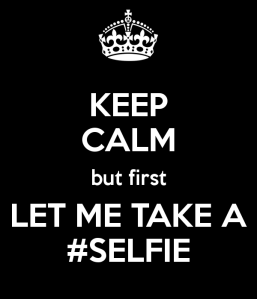
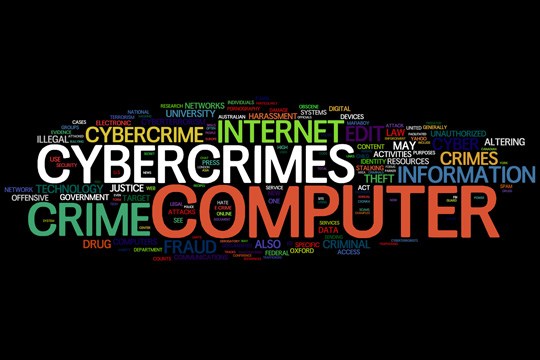
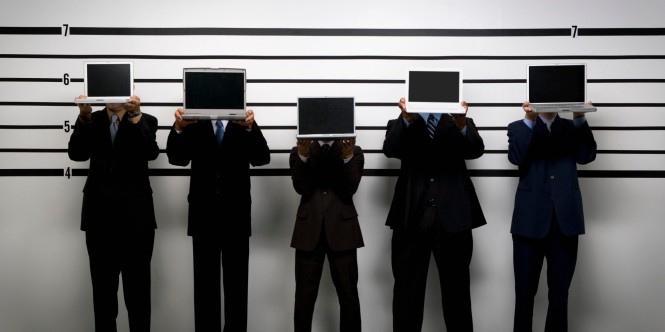


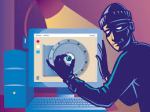



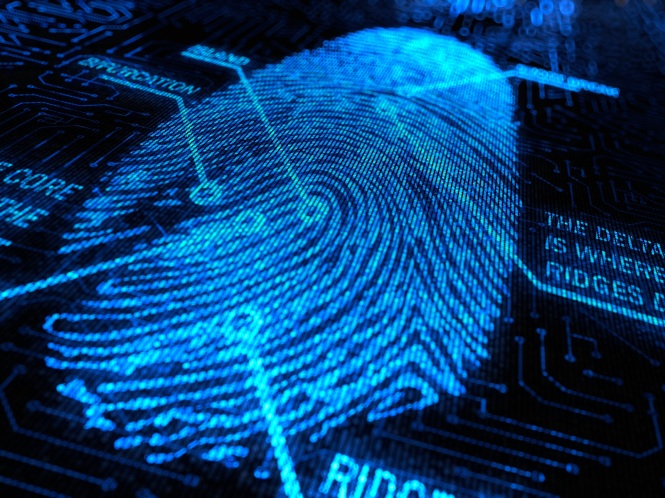
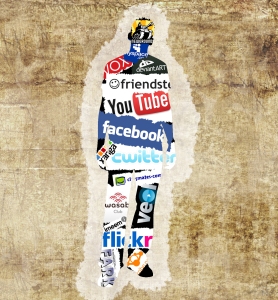

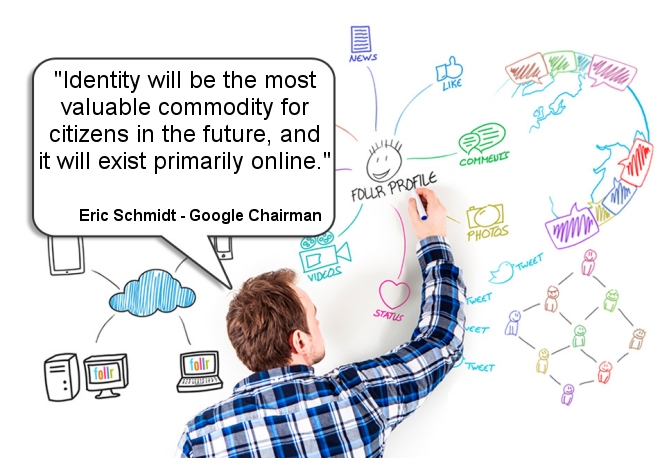

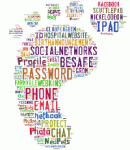
![keep-calm-and-keep-your-password-secret[1]](https://aoifenimhurchucybercultures.files.wordpress.com/2015/03/keep-calm-and-keep-your-password-secret1.png?w=257&h=300)

